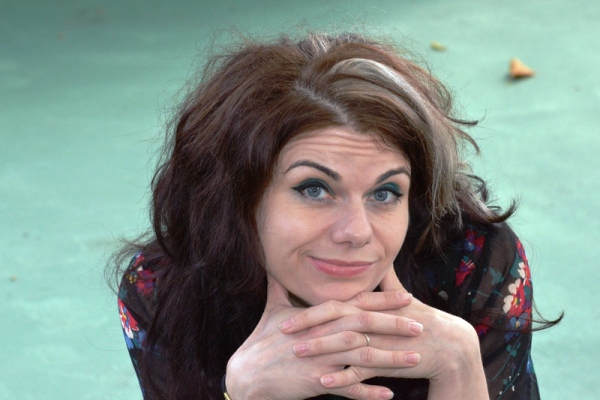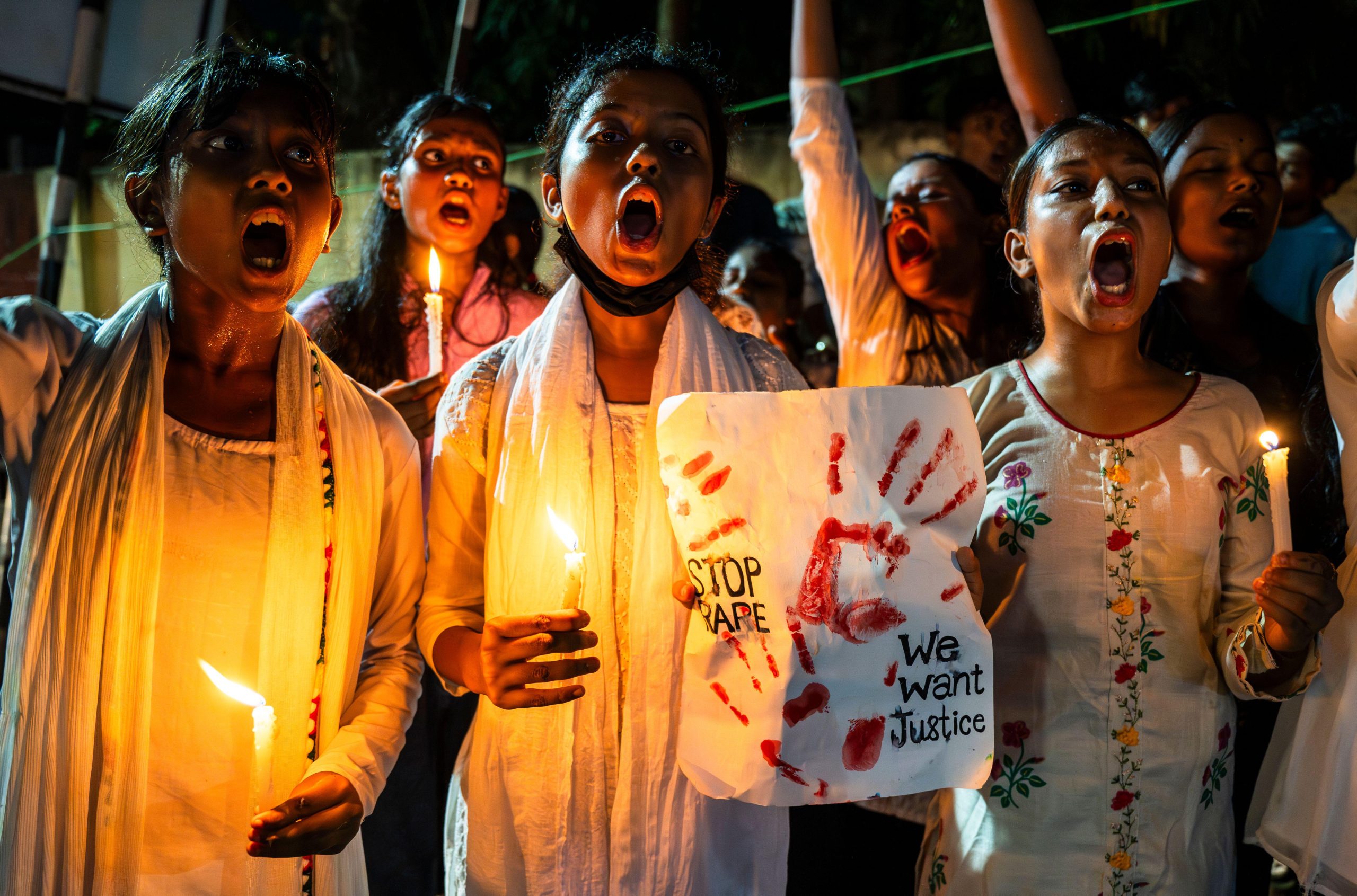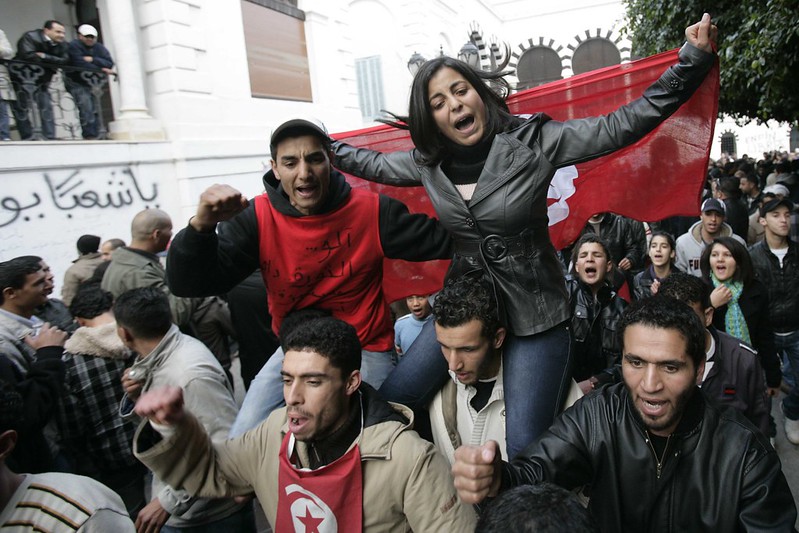1. A response to Caitlin Moran

2013 in the UK was the year social media became a “how” rather than a “why” issue. We’re no longer explaining what people do on the web, now we’re discussing how we behave. And we talked most about the abuse and threats received by many women on Twitter. When writer Caitlin Moran proposed a one-day Twitter boycott in August, Index’s Padraig Reidy responded. Read here
2. Madras Cafe withdrawn in UK

Communal censorship reared its ugly head in the UK when Madras Cafe, a Bollywood action film, was withdrawn from cinemas after protesters claimed it was anti-Tamil. Salil Tripathi likened the incident to the rows over Gurpreet Khaur Bhatti’s Bezhti and Salman Rushdie’s Satanic Verses
3. Julie Burchill, Lynne Featherstone and Leveson

When Guardian columnist Suzanne Moore found herself at the centre of a storm after an article in which she described the idealised body shape of a “Brazilian transexual”, the Observer took the entirely sensible decision to commission Moore’s old friend Julie Burchill to defend her. The effect was described neatly by tweeter Stuart Houghton: “Julie Burchill has poured oil to calm troubled waters. Then drowned some seabirds in the oil. Then set fire to the oil.”
Index on Censorship refrained from getting involved. Until a government minister did…
4.Chinese propaganda paper’s new headquarters looks a bit like, well, er…

Oh, Internet (there was a free speech point to this, honest)
5.’There is now a menace called Twitter’

As protesters filled Istanbul’s Gezi Park this summer, Ece Temelkuran explained the Turkish government’s fear of the social media generation.





